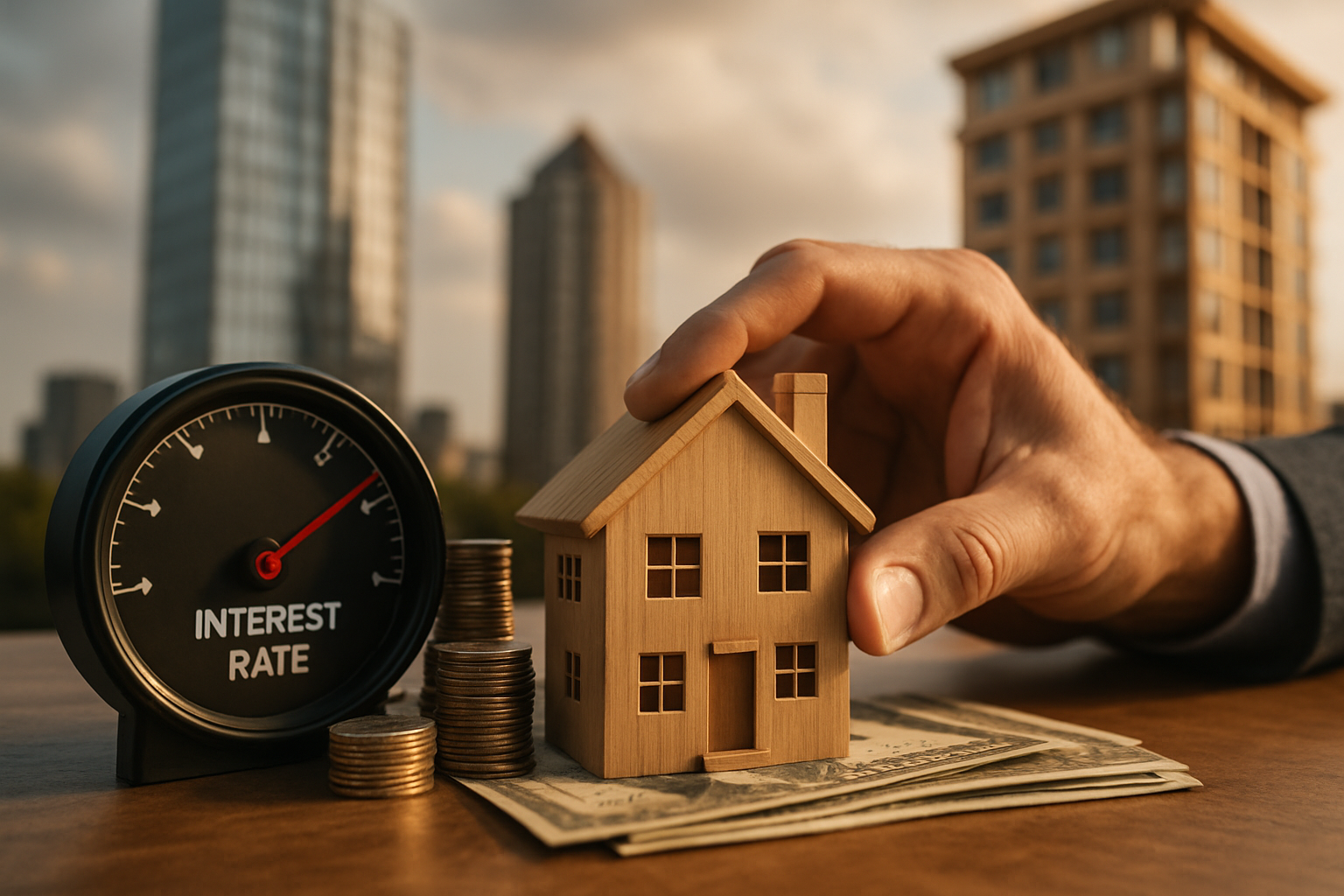Real Estate Investment Guide for Switzerland Properties
Real estate investment in Switzerland offers unique opportunities for both domestic and international investors, from traditional residential properties to unconventional projects like abandoned houses. Understanding the Swiss market regulations, financial requirements, and potential returns is essential before making your first investment decision in this stable but complex property landscape.

How to start investing in real estate in Switzerland as a beginner?
Getting started with Swiss real estate investment requires careful planning and understanding of local regulations. Foreign investors face specific restrictions under the Lex Koller law, which limits non-resident property purchases to certain vacation properties and commercial real estate. Swiss residents and citizens have broader access to the market but still need substantial capital, as most banks require at least 20% down payment for investment properties.
The first step involves securing financing through Swiss banks, which typically offer mortgage rates between 1.5% to 3% depending on market conditions. Investment properties often require higher down payments than primary residences, sometimes up to 25-30% of the purchase price. Additionally, investors must budget for ongoing costs including property taxes, maintenance, insurance, and potential vacancy periods.
What are the legal requirements for property investment in Switzerland?
Swiss property law varies significantly between cantons, making local expertise crucial for successful investments. Each canton has different tax rates, transfer fees, and regulations governing rental properties. Property transfer taxes range from 1% to 3.3% of the purchase price depending on the location, while notary fees typically add another 0.5% to 1%.
Rental regulations are tenant-friendly in Switzerland, with strict rules governing rent increases, eviction procedures, and deposit handling. Landlords must follow specific procedures for rent adjustments and cannot freely set market rates for existing tenancies. Understanding these regulations prevents costly legal issues and ensures steady rental income from investment properties.
Real estate investing in abandoned houses: Is it profitable in Switzerland?
Investing in abandoned houses presents unique opportunities in the Swiss market, particularly in rural areas where properties may sit vacant due to inheritance disputes or economic changes. These properties often sell below market value but require significant renovation investments to meet Swiss building codes and energy efficiency standards.
Rural cantons like Grisons, Valais, and parts of Ticino occasionally have abandoned properties available through public auctions or private sales. However, investors must carefully evaluate renovation costs, zoning restrictions, and potential rental demand before purchasing. Swiss building codes are strict, and bringing an abandoned property up to current standards can cost 100,000 to 500,000 CHF or more depending on the property’s condition.
Which Swiss regions offer the best investment opportunities?
Different Swiss regions offer varying investment potential based on economic factors, tourism, and population growth. The Lake Geneva region, including cities like Lausanne and Montreux, attracts international residents and tourists, creating steady rental demand. Zurich and surrounding areas offer strong economic fundamentals but come with higher entry costs and lower rental yields.
Mountain regions like Zermatt, St. Moritz, and Verbier provide opportunities for vacation rental investments, though these markets face seasonal fluctuations and higher management complexity. Emerging areas like parts of eastern Switzerland or certain suburbs offer potential for capital appreciation as infrastructure develops and populations shift.
Investing in abandoned houses: What renovation costs should you expect?
Renovation costs for abandoned properties in Switzerland are substantial due to strict building codes and high labor costs. Basic structural work including roof repairs, foundation work, and utility updates typically costs 1,500 to 2,500 CHF per square meter. Complete renovations bringing properties to modern Swiss standards can reach 3,000 to 5,000 CHF per square meter.
Energy efficiency requirements under Swiss building codes often necessitate insulation upgrades, heating system replacements, and window installations. These improvements can cost 50,000 to 150,000 CHF but may qualify for cantonal energy renovation subsidies. Additionally, abandoned properties may require environmental assessments for issues like asbestos or oil tank contamination, adding unexpected costs to renovation budgets.
What financing options are available for Swiss real estate investments?
Swiss banks offer various financing options for real estate investments, though requirements are stricter than many other countries. Traditional mortgages for investment properties typically require 25-30% down payment, with interest rates varying based on the loan-to-value ratio and borrower’s financial profile. Some banks offer portfolio financing for investors planning multiple property acquisitions.
| Financing Option | Typical Requirements | Interest Rate Range | Maximum LTV |
|---|---|---|---|
| Traditional Investment Mortgage | 25-30% down payment | 2.0% - 3.5% | 70-75% |
| Portfolio Financing | Multiple properties | 2.5% - 4.0% | 65-70% |
| Private Banking Solutions | High net worth | 1.8% - 3.2% | 75-80% |
| Renovation Financing | Property + renovation costs | 2.2% - 3.8% | 80% |
Prices, rates, or cost estimates mentioned in this article are based on the latest available information but may change over time. Independent research is advised before making financial decisions.
Alternative financing includes private lenders, real estate investment partnerships, and crowdfunding platforms, though these options may come with higher costs or reduced flexibility. Some investors use existing property equity through refinancing to fund additional purchases, though this strategy increases overall leverage and risk.
Real estate investment in Switzerland requires substantial capital, thorough market research, and understanding of complex local regulations. While opportunities exist in both traditional properties and abandoned houses, success depends on careful financial planning, professional guidance, and realistic expectations about renovation costs and rental yields. The Swiss market’s stability and strong legal framework provide security for well-planned investments, making it an attractive option for serious real estate investors.




